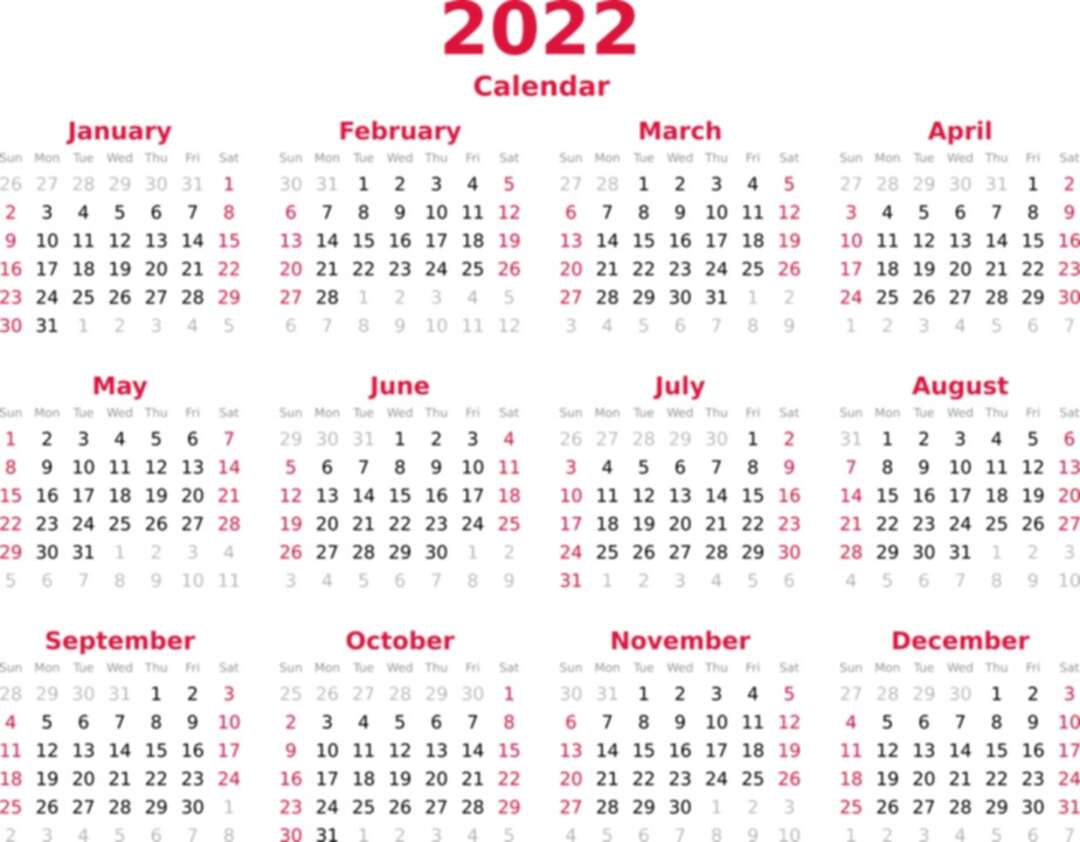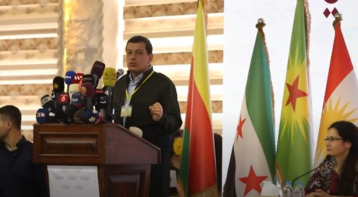-
WHO: Covid pandemic could 'easily drag on deep into 2022'

The World Health Organization (WHO) says, the Covid pandemic will "go on for a year longer than it needs to" because poorer countries are not getting the vaccines they need.
According to the BBC, Dr Bruce Aylward, senior leader at the WHO, said it meant the Covid crisis could "easily drag on deep into 2022".
The BBC reported that less than 5% of Africa's population have been vaccinated, compared to 40% on most other continents.
Dr Aylward appealed to wealthy countries to give up their places in the queue for vaccines in order that pharmaceutical companies can prioritise the lowest-income countries instead.
He said wealthy countries needed to "stocktake" where they were with their donation commitments made at summits such as the G7 meeting in St Ives this summer.

He said: "I can tell you we're not on track. We really need to speed it up or you know what? This pandemic is going to go on for a year longer than it needs to."
The People's Vaccine - an alliance of charities - has released new figures suggesting just one in seven of the doses promised by pharmaceutical companies and wealthy countries are actually reaching their destinations in poorer countries.
The BBC said, the vast majority of Covid vaccines have been given in high-income or upper middle-income countries. Africa accounts for just 2.6% of doses administered globally.
It mentioned, the group of charities, which includes Oxfam and UNAids, also criticised Canada and the UK for procuring vaccines for their own populations via Covax, the UN-backed global programme to distribute vaccines fairly.
Official figures show that earlier this year the UK received 539,370 Pfizer doses while Canada took just under a million AstraZeneca doses.
The BBC noted that the original idea behind Covax was that all countries would be able to acquire vaccines from its pool, including wealthy ones. But most G7 countries decided to hold back once they started making their own one-to-one deals with pharmaceutical companies.
Oxfam's Global Health Adviser, Rohit Malpani, acknowledged that Canada and the UK were technically entitled to get vaccines via this route having paid into the Covax mechanism, but he said it was still "morally indefensible" given that they had both obtained millions of doses through their own bilateral agreements.
"They should not have been acquiring these doses from Covax," he said. "It's nothing better than double-dipping and means that poorer countries which are already at the back of the queue, will end up waiting longer."
Read more: UK agrees free trade deal with New Zealand
The UK government pointed out it was one of the countries which had "kick-started" Covax last year with a donation of £548m.
The Canadian government was keen to stress that it had now ceased to use Covax vaccines.
The country's International Development Minister, Karina Gould, said: "As soon as it became clear that the supply we had secured through our bilateral deals would be sufficient for the Canadian population, we pivoted the doses which we had procured from Covax back to Covax, so they could be redistributed to developing countries."
Covax originally aimed to deliver two billion doses of vaccines by the end of this year, but so far it has shipped 371m doses.
Source: BBC
You May Also Like
Popular Posts
Caricature
BENEFIT Sponsors BuildHer...
- April 23, 2025
BENEFIT, the Kingdom’s innovator and leading company in Fintech and electronic financial transactions service, has sponsored the BuildHer CityHack 2025 Hackathon, a two-day event spearheaded by the College of Engineering and Technology at the Royal University for Women (RUW).
Aimed at secondary school students, the event brought together a distinguished group of academic professionals and technology experts to mentor and inspire young participants.
More than 100 high school students from across the Kingdom of Bahrain took part in the hackathon, which featured an intensive programme of training workshops and hands-on sessions. These activities were tailored to enhance participants’ critical thinking, collaborative problem-solving, and team-building capabilities, while also encouraging the development of practical and sustainable solutions to contemporary challenges using modern technological tools.
BENEFIT’s Chief Executive Mr. Abdulwahed AlJanahi, commented: “Our support for this educational hackathon reflects our long-term strategic vision to nurture the talents of emerging national youth and empower the next generation of accomplished female leaders in technology. By fostering creativity and innovation, we aim to contribute meaningfully to Bahrain’s comprehensive development goals and align with the aspirations outlined in the Kingdom’s Vision 2030—an ambition in which BENEFIT plays a central role.”
Professor Riyadh Yousif Hamzah, President of the Royal University for Women, commented: “This initiative reflects our commitment to advancing women in STEM fields. We're cultivating a generation of creative, solution-driven female leaders who will drive national development. Our partnership with BENEFIT exemplifies the powerful synergy between academia and private sector in supporting educational innovation.”
Hanan Abdulla Hasan, Senior Manager, PR & Communication at BENEFIT, said: “We are honoured to collaborate with RUW in supporting this remarkable technology-focused event. It highlights our commitment to social responsibility, and our ongoing efforts to enhance the digital and innovation capabilities of young Bahraini women and foster their ability to harness technological tools in the service of a smarter, more sustainable future.”
For his part, Dr. Humam ElAgha, Acting Dean of the College of Engineering and Technology at the University, said: “BuildHer CityHack 2025 embodies our hands-on approach to education. By tackling real-world problems through creative thinking and sustainable solutions, we're preparing women to thrive in the knowledge economy – a cornerstone of the University's vision.”
opinion
Report
ads
Newsletter
Subscribe to our mailing list to get the new updates!






















